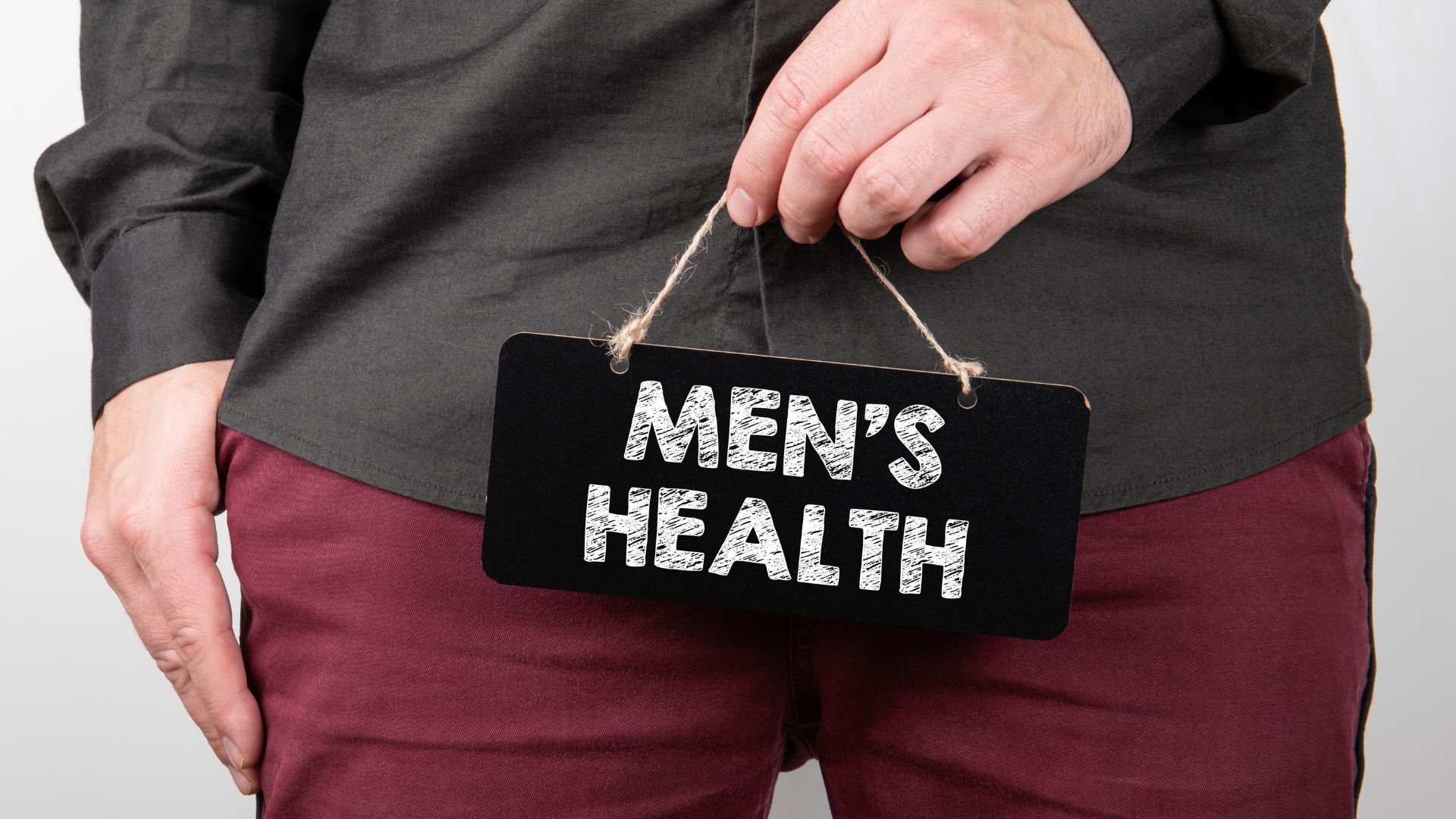Let’s be real—talking about pubic health isn’t exactly locker-room conversation. But if you’ve been feeling a little itchy or uncomfortable down there, you’re not alone. As a doctor, I often hear men ask, “Why is it itchy?” or “Is this normal?” The truth is, pubic health is an important part of overall well-being, and maintaining good hygiene can prevent discomfort, infections, and irritation. So, let’s dive into everything you need to know about keeping your pubic region healthy and itch-free.
Common Causes of Pubic Itching
If you’re experiencing itching in your groin area, several factors could be at play. Here are some of the most common culprits:
1. Poor Hygiene
Not washing your pubic area regularly can lead to sweat buildup, bacteria, and an unpleasant odor. Aim to clean the area daily using warm water and mild, fragrance-free soap to prevent irritation.
2. Ingrown Hairs
Shaving or trimming your pubic hair? Ingrown hairs can cause itchy, red bumps. To prevent them, exfoliate gently and consider using a sharp, clean razor or an electric trimmer instead of a blade.
3. Jock Itch (Fungal Infection)
Jock itch, caused by a fungal infection, leads to a red, scaly rash and intense itching. It thrives in warm, moist environments like sweaty groins. Keep the area dry, wear moisture-wicking underwear, and use antifungal creams if needed.
4. Allergic Reactions
Your skin might be reacting to certain soaps, detergents, or grooming products. Opt for hypoallergenic, fragrance-free products to reduce the risk of irritation.
5. Pubic Lice (Crabs)
Although less common, pubic lice can cause extreme itching. If you notice tiny white eggs or moving lice in your pubic hair, consult a doctor for proper treatment.
6. Skin Conditions
Eczema, psoriasis, or other skin conditions can affect the pubic area, causing dryness, redness, and itching. If over-the-counter moisturizers don’t help, seek medical advice.
7. Sexually Transmitted Infections (STIs)
Some STIs, like herpes or chlamydia, can cause itching, redness, or discomfort. If you experience additional symptoms like sores, unusual discharge, or pain during urination, get tested immediately.
How to Maintain Good Pubic Health
Now that we’ve covered potential causes of pubic itching, here’s how you can keep things fresh and healthy:
- Wash Daily: Use warm water and mild soap to cleanse the area and prevent bacterial buildup.
- Wear Breathable Underwear: Cotton underwear helps absorb moisture and keeps your groin dry.
- Trim, Don’t Shave (If You’re Prone to Ingrown Hairs): A short trim can help maintain hygiene while reducing the risk of irritation.
- Stay Dry: Change out of sweaty clothes after exercise, and consider using talcum-free powders to reduce friction and moisture.
- Practice Safe Sex: Using protection and getting regular STI screenings can prevent infections that cause itching and discomfort.
- Moisturize: If you have sensitive skin, applying a fragrance-free moisturizer can prevent dryness and irritation.
When to See a Doctor
If itching persists for more than a week, worsens, or comes with other symptoms (rashes, sores, discharge, or pain), don’t ignore it. Seeking medical advice can help diagnose the issue and prevent it from worsening.
Final Thoughts
Pubic health is just as important as the rest of your body’s hygiene. A little care and attention go a long way in keeping your groin itch-free and comfortable. So, if you’ve been dealing with persistent discomfort, take action today—your body will thank you for it.
Have questions or concerns? Drop them in the comments, and let’s keep the conversation going!



